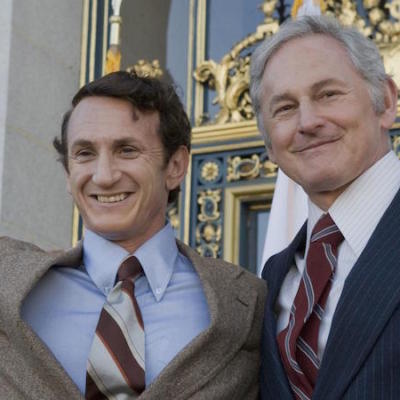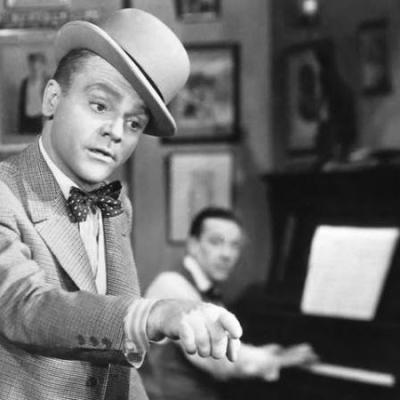Based on the novel of the same name written by James Baldwin, Barry Jenkins brings us If Beale Street Could Talk hot off the Oscar-winning success of his last film Moonlight. The name Beale Street refers to a famous street in New Orleans credited as the birthplace of jazz music and its icons such as Louis Armstrong. The film, however, is set in Harlem, New York, during the early 1970s in an America fresh out of the Civil Rights Movement.
Tish Rivers, played by newcomer KiKi Layne, is a young black woman living against this backdrop who’s recent fiancé Alonzo “Fonny” Hunt, played by Stephan James, has been arrested and wrongly committed for the rape of a Puerto Rican woman. The story centres around Tish and Fonny’s romance, and their family’s attempts (or non-attempts) to prove Fonny’s innocence.
Performance are generally strong, if a little understated by the leads, from Layne’s innocent Tish, to James’ portrayal of an imprisoned black man in America slowly losing hope. Regina King shines as Tish’s supportive mother Sharon, who is steadfast in her support of proving Fonny’s innocence. Special mention goes to Teyonah Parris, who portrays the scene-stealing Ernestine, Tish’s sister.
The film’s themes deal mostly with the issues of living in a black-American community, and touch on how little things have changed in the interval four decades or so. The characters play out in a fashion where they know that racial discrimination is expected, and special attention is payed to the amount of black-American men who are incarcerated, rightfully or not. The film attempts to question how a typical love story can be so radically changed when played out against this context. Tish and Fonny are, after all, old family friends turned sweethearts just trying to be a regular New York couple. Their future is thwarted by powers beyond their control, almost as if their relationship is rendered impossible by the cultural climate of the times.
In terms of story-telling, the film relies heavily on narration, which at times gives the impression that the entire exposition is being told to the audience rather than experienced. Interspersed among periods of narration, where the story progresses rapidly, are lengthy scenes of the characters interacting, and perhaps this is the point of the film – a seemingly simple portrayal of the lives of black-Americans in a changing time.
There is little resolution, nor emotional punch to the film, only the ever-present mantra that life goes on, and that people will somewhat manage, despite its struggles.
If Beale Street Could Talk will be screened in Australian cinemas from 14 February.





